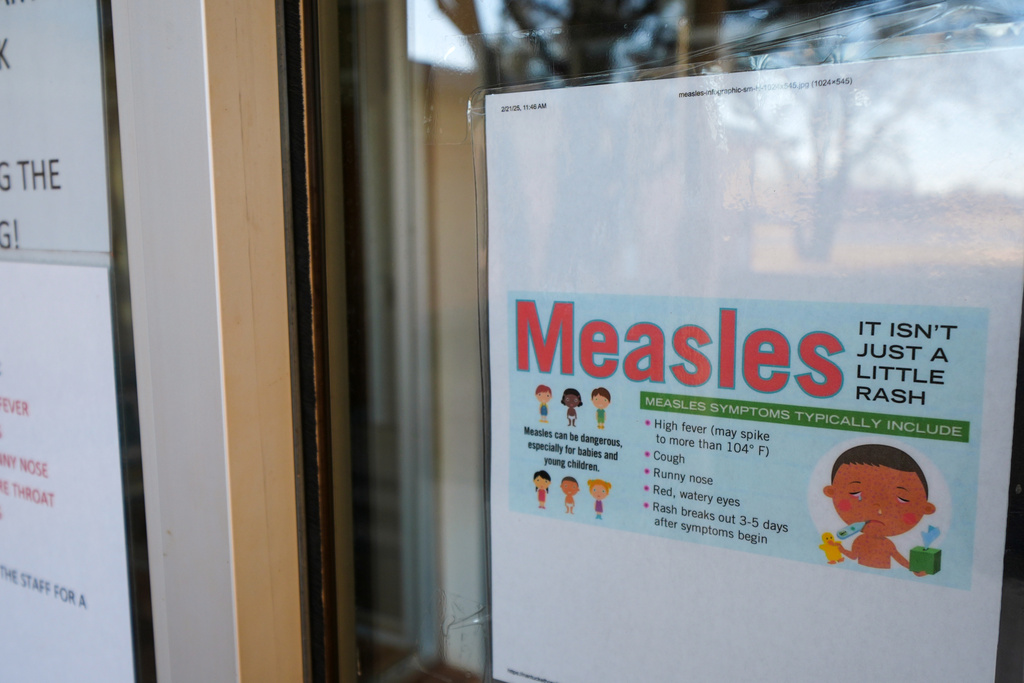Live webcams in South Carolina showed not a sunbather in sight in Myrtle Beach, where Mayor Brenda Bethune is among leaders in coastal communities trying to figure out when and how to reopen the beaches.
“Literally two weeks ago, people were writing, begging, ‘Close the beach! Close the beach!’ This week it’s the exact opposite,” she said.
South Carolina Gov. Henry McMaster has left it to cities and towns to decide when to reopen the beaches during the pandemic.
As in Miami, Hawaii and Puerto Rico, Myrtle Beach is keeping public beach entrances closed to avoid crowds spreading the coronavirus.
“It’s not an issue at all about the beach or the beach being dangerous,” Bethune said. “It’s about draining our first responders.”
A few miles from her in sleepier North Myrtle Beach, public access to the beach is back.
“I have opened these beaches because of the outcry,” North Myrtle Beach Mayor Marilyn Hatley said. “We need to be out in the sunshine. We need to be out in the fresh air.”
The beaches in Jacksonville, Florida, just reopened for recreational activities only.
Scenes of bustling beaches there ignited controversy despite people trying to keep space from each other.
Other beaches coast to coast are slowly reopening too, now with rules for social distancing and limits on hours and activities.
“People are being careful, very very careful,” Hatley said. “Some are wearing masks walking on the beach.”
As for the risk, the CDC says a visit to the beach is like going to a park: If you go, stay six feet apart, close to home and don’t go if you’re not feeling well.
While scientists aren’t sure if saltwater can kill COVID-19, the CDC says there’s no evidence of anyone getting the virus from “recreational water.”
“Your calculus is, can I stay away from people who might be asymptomatic on the beach? Can my children do that as well?” said Baruch Fischhoff, professor at the Carnegie Mellon University Institute for Politics and Strategy.











